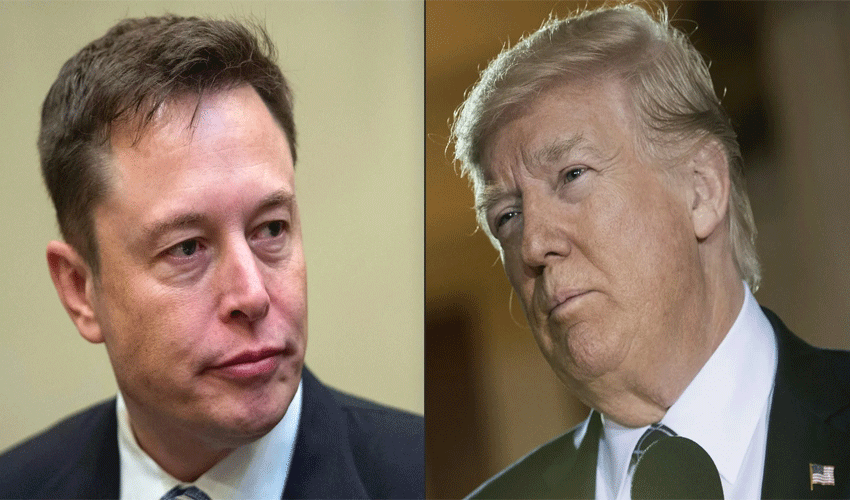Billionaire entrepreneur Elon Musk has confirmed his departure from the Trump administration, bringing to an end his contentious tenure as a special government employee charged with leading the Department of Government Efficiency (Doge).
In a statement posted on his social media platform X, Musk extended his gratitude to President Donald Trump for the opportunity to spearhead the Doge initiative, which aimed to significantly reduce federal spending and streamline government bureaucracy. “As my scheduled time as a Special Government Employee comes to an end, I would like to thank President @realDonaldTrump for the opportunity to reduce wasteful spending,” he wrote. “The @DOGE mission will only strengthen over time as it becomes a way of life throughout the government.”
Musk’s temporary role permitted him to serve for up to 130 days annually, a legal provision designed for external experts contributing to government operations. Sources familiar with the matter informed the BBC that the White House began “offboarding” Musk on Wednesday night, with his departure coinciding with his public disapproval of Trump’s recently proposed budget.
The timing of Musk’s exit is noteworthy. Just a day prior, he had criticized Trump’s budget bill—the legislative cornerstone of the administration’s economic agenda—describing it as fiscally irresponsible. In an interview with CBS, Musk stated that the bill, which includes sweeping tax breaks and expanded defense funding, would “increase the federal deficit” and “undermines the work” of the Doge program.
“I think a bill can be big or it could be beautiful,” Musk quipped. “But I don’t know if it could be both.”
Initially pledging to cut $2 trillion in federal spending, Musk later scaled the target down to $150 billion. The Doge initiative reportedly led to the reduction of approximately 260,000 federal positions out of a 2.3 million-strong civilian workforce, either through layoffs or voluntary redundancy schemes. However, this aggressive downsizing also resulted in errors, including the mistaken dismissal of personnel from critical agencies like the US nuclear program. In some instances, courts intervened and ordered reinstatements.
Musk’s tenure in Washington was frequently marked by clashes with senior Trump officials and increasing public scrutiny. He announced in April that he would step back from his government responsibilities to refocus on his companies, lamenting that Doge had become “the whipping boy for everything.”
“Something bad would happen anywhere, and we would get blamed for it even if we had nothing to do with it,” he told the Washington Post during a SpaceX event in Texas earlier this week.
The tech mogul’s time in public office has also overlapped with a downturn in his corporate empire. Tesla reported a 13 percent decline in sales during the first quarter of 2025—the steepest in its history—and its stock value dropped by as much as 45 percent before a slight recovery.
The company has since warned shareholders of continuing uncertainty, citing “changing political sentiment” as a potential risk to demand. Musk himself confirmed during an earnings call that his focus would shift back to Tesla, with time devoted to Doge being “significantly reduced.”
Meanwhile, Tesla has faced a wave of protests and vandalism at dealerships and charging stations, with activists linking the brand to Musk’s political affiliations. US Attorney General Pam Bondi characterized these acts of vandalism as “domestic terrorism.”
Speaking at the Qatar Economic Forum in Doha earlier this week, Musk reaffirmed his commitment to Tesla, stating he would remain at the company’s helm for the next five years. He also signaled a retreat from politics, noting he would reduce political donations after spending nearly $300 million in support of Trump’s re-election campaign and other Republican causes last year.



